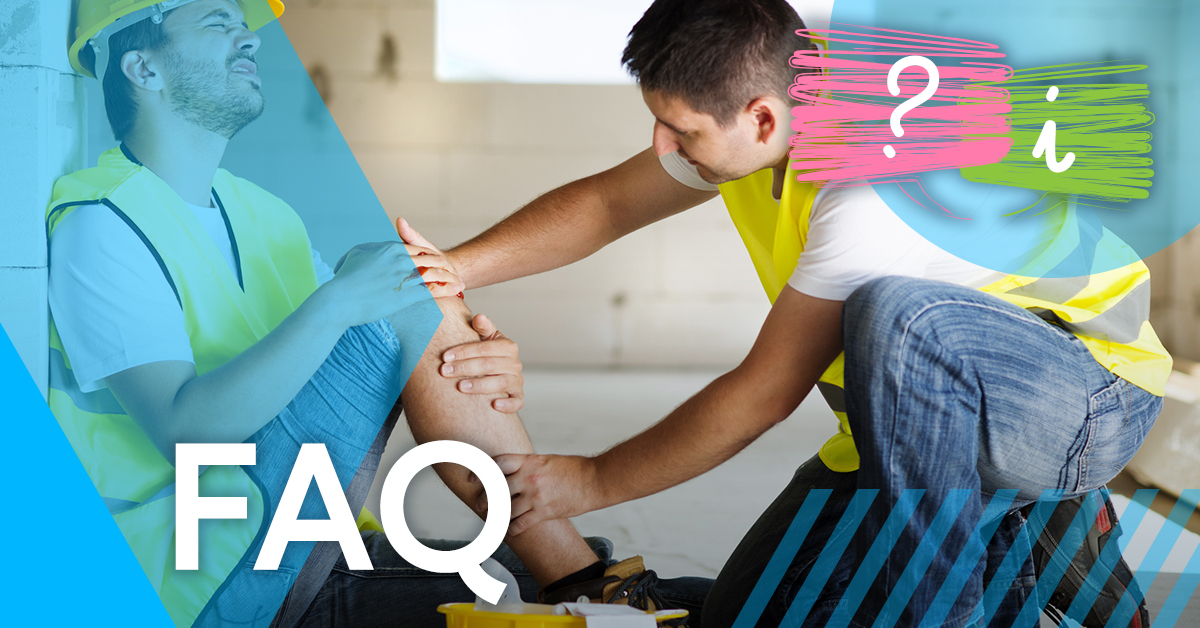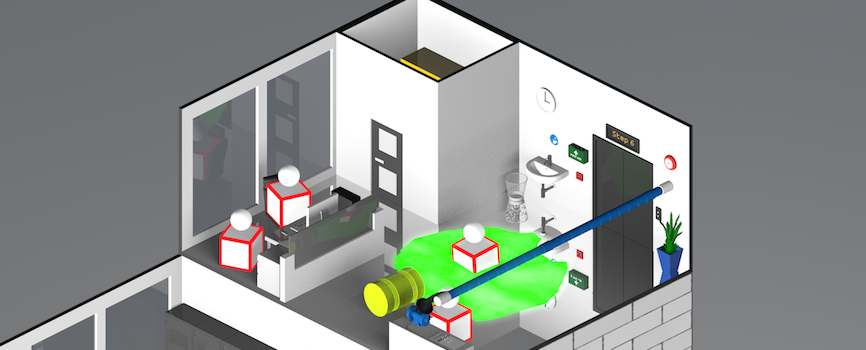What is modern slavery?
Posted 4 years ago

Modern slavery is actually an umbrella term that covers:
- Slavery – where someone is dehumanised and bought, sold and owned as property
- Servitude – where someone is obliged to provide a service that’s imposed on them, even if they are not technically under ‘ownership’
- Forced labour – where a person is forced into completing work for little to no money, usually in very poor conditions. And,
- Human trafficking – which is when someone is transported from one location to another in order to be exploited or forced into work – this can be transportation between countries, cities, or even just streets.
There are many different categories that sit within these types and they often overlap, so a victim of one type of slavery can often be a victim of two or three.
The common thread is that the victims’ mental wellbeing or physical safety (usually both) are exploited, threatened or abused, whilst their freedom is taken from them. Anyone can be a victim of slavery – man, woman or child, of any age or nationality.
Throughout our Modern Slavery Training course, we share case studies to raise awareness of the most common types and to show staff how to spot the signs. The majority of cases fall into these broad categories that are covered in our course:
- Sexual exploitation
- Labour exploitation
- Domestic servitude, and
- Criminal exploitation
What you and your organisation can do to help with the fight against modern slavery
Even though larger organisations are obliged to produce a statement as a minimum requirement, it makes good business sense for small and medium-sized organisations to do the same.
First and foremost, if due diligence is carried out within your own organisation as well as the companies you work with – they can shed light on any unethical practices they may come across, which quite simply, is the right thing to do.
But it also has other benefits. Your workplace will not only avoid potential fines and prosecution, but if you choose to lead the way with a transparent supply chain, you’ll be a company of choice. This will help to:
- Protect and attract valuable investors and partnerships
- Protect and enhance your reputation and brand
- Inspire loyalty and strengthen staff retention within your team
And it will protect and grow your client base. More and more people are looking to do business with organisations that have high ethical standards – larger businesses especially – who have to legally prove they are committed to working with slavery-free organisations.
That’s why it’s best practice to not only produce the statement and have it available on your website, but it’s also best practice to make sure that this ethical approach extends to your policies, procedures, recruitment practices and general company culture.
There are many things to consider. For example… who produces the coffee beans you buy? Who farms the food you eat? Who makes the uniforms you wear? Who employs the plumber, or the cleaners?
Modern Slavery Training
As well as the advice above, another great place to start is Modern Slavery Training for all your staff. This IOSH Approved course is suitable for all levels of staff. It touches upon the Modern Slavery Act 2015 and how you can work towards compliance with it, helps staff to understand what slavery is and the terms covered under ‘modern slavery’, and all users will learn about what their organisation can do to help eliminate modern slavery in the UK.
Why not get started with a free no obligation trial today?

Related articles



Opt-in to our newsletter
Receive industry news & offers